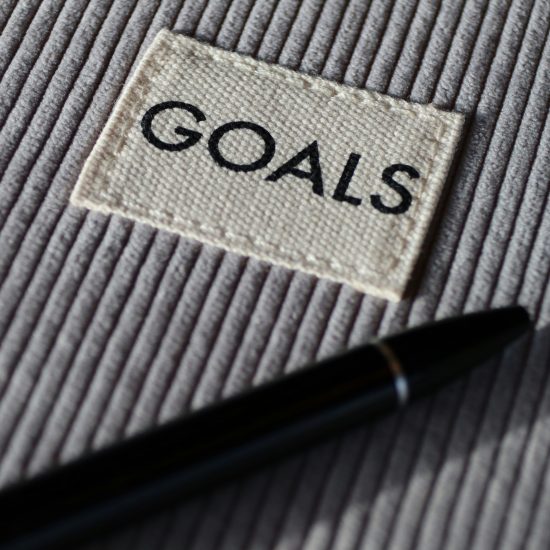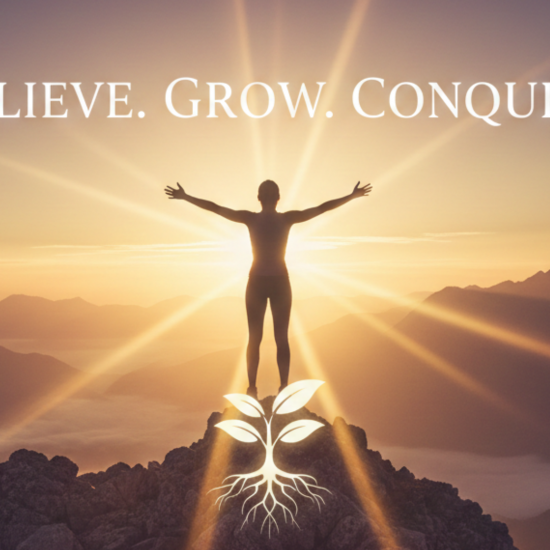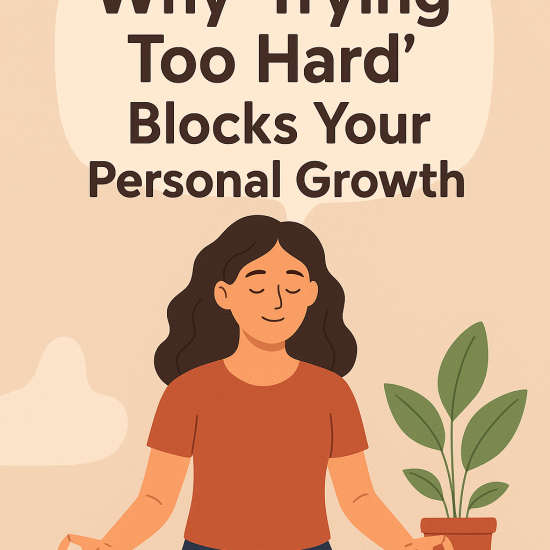Have you ever ended the day feeling exhausted, not physically, but emotionally? You didn’t run a marathon or move mountains, yet you feel completely depleted. That kind of fatigue is often a sign of emotional energy drain, and most of us experience it far more often than we realize. The good news? It’s not just unavoidable stress or “how life is.” Emotional exhaustion is often caused by unconscious habits that you can change. With support from personal coaching or a personal development coach, you can uncover what’s draining you, set boundaries, and learn how to replenish your energy in healthy, sustainable ways.
1. The Hidden Habits That Drain Your Emotional Energy
Most emotional fatigue doesn’t come from one dramatic event. It builds up gradually through patterns and behaviors we adopt over time, usually to avoid conflict, gain approval, or meet impossible expectations.
Here are the most common energy-draining habits:
People-Pleasing
Saying yes when you want to say no. Agreeing to things just to keep the peace. Putting everyone else’s needs ahead of your own.
It feels noble, but it’s emotionally exhausting. You’re constantly managing how others feel while ignoring your own needs. Over time, it leads to resentment, burnout, and disconnection from your true self.
Overthinking
Endlessly replaying conversations, predicting outcomes, or second-guessing your decisions doesn’t bring clarity; it drains you.
Overthinking creates mental noise that leaves you emotionally tired and unable to focus on what matters.
Lack of Boundaries
Whether it’s answering messages at all hours, allowing others to unload their problems onto you, or tolerating toxic relationships, poor boundaries leak your energy.
Without limits, your emotional bandwidth gets stretched thin, and you end up with nothing left for yourself.
Negative Self-Talk
That critical inner voice saying you’re not doing enough, not good enough, or not worthy? It quietly chips away at your energy, confidence, and motivation every single day.
2. Why Awareness Is the First Step
You can’t change what you don’t notice. That’s why personal development coaching starts with self-awareness. A personal development coach helps you identify the patterns that drain your energy and understand why they developed in the first place.
Most of these habits were coping mechanisms learned early on to survive or succeed in certain environments. But as adults, they often do more harm than good.
Through personal coaching, you begin to recognize:
- When you’re sacrificing your needs to please others
- The situations that trigger your overthinking
- The emotional cost of poor boundaries
- How your self-talk shapes your daily experience
With this awareness, you can start making conscious choices instead of running on autopilot.
3. How to Protect and Replenish Your Emotional Energy
The next step is learning how to protect your energy from unnecessary drains and replenish it with intentional practices.
Here’s how:
1. Set Clear Boundaries
Boundaries are not about being rude—they’re about being real. Decide what you’re available for and what you’re not. Start small:
- Say “no” without overexplaining.
- Turn off notifications after work hours.
- Protect your downtime like any other important meeting.
You’ll be amazed at how much emotional space this frees up.
2. Practice “Intentional Yes”
Every “yes” to someone else is a “no” to yourself. So before you agree to something, pause and ask:
- Do I truly want to do this?
- Is this aligned with my priorities?
- Am I saying yes from fear or obligation?
Intentional choices protect your emotional bandwidth.
3. Challenge Overthinking with Presence
Replace mental spirals with grounding techniques. When your mind starts spinning:
- Take 3 deep breaths.
- Ask yourself, “What’s actually happening right now?”
- Focus on one small, doable action.
Overthinking keeps you stuck in the future or past. Presence brings energy back to the present.
4. Build an Inner Voice That Supports You
Would you speak to a friend the way you speak to yourself? If not, rewrite the script.
- Replace “I’m failing” with “I’m learning.”
- Replace “I should have done more” with “I did my best with what I knew.”
Personal coaching helps you shift inner narratives from self-criticism to self-compassion, restoring emotional strength.
5. Make Replenishment Non-Negotiable
You charge your phone every night but when’s the last time you charged you?
Replenishment isn’t luxury; it’s survival. Prioritize:
- Time alone
- Creative outlets
- Nature or movement
- Restorative sleep
- Meaningful connection
Your emotional energy is a renewable resource but only if you treat it like one.
4. How Personal Coaching Supports This Journey
If you’ve struggled to break out of draining habits on your own, you’re not alone. That’s why personal coaching exists to help you get out of the overwhelm and back into alignment.
A personal development coach can help you:
- Identify the root causes of emotional fatigue
- Set healthy boundaries without guilt
- Create sustainable routines that honor your energy
- Replace draining thought patterns with empowering beliefs
- Build emotional resilience and self-trust
Sometimes, you just need a guide to reflect what you can’t yet see and to walk with you as you reclaim your inner power.
You Can Reclaim Your Energy
Emotional exhaustion isn’t just “part of life.” It’s often the result of patterns that can be unlearned—and choices you can begin to shift today.
You don’t need to wait for burnout to make changes. You don’t need permission to prioritize your emotional well-being.
You are allowed to:
- Say no
- Take a break
- Ask for support
- Rest
- Be imperfect
- Choose peace over performance
Through self-awareness, boundaries, and support from personal coaching, you can stop draining your emotional energy and start living from a place of strength, clarity, and calm.
Ready to stop just surviving and start thriving?
Working witha personal development coach, Loa Mayi, can help you reset your emotional patterns and reconnect with your power, one intentional step at a time.





